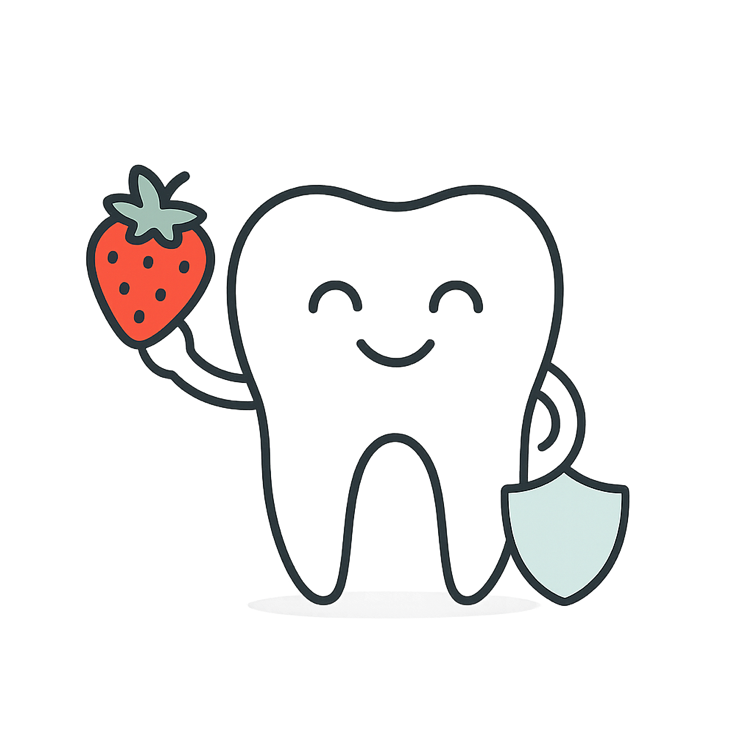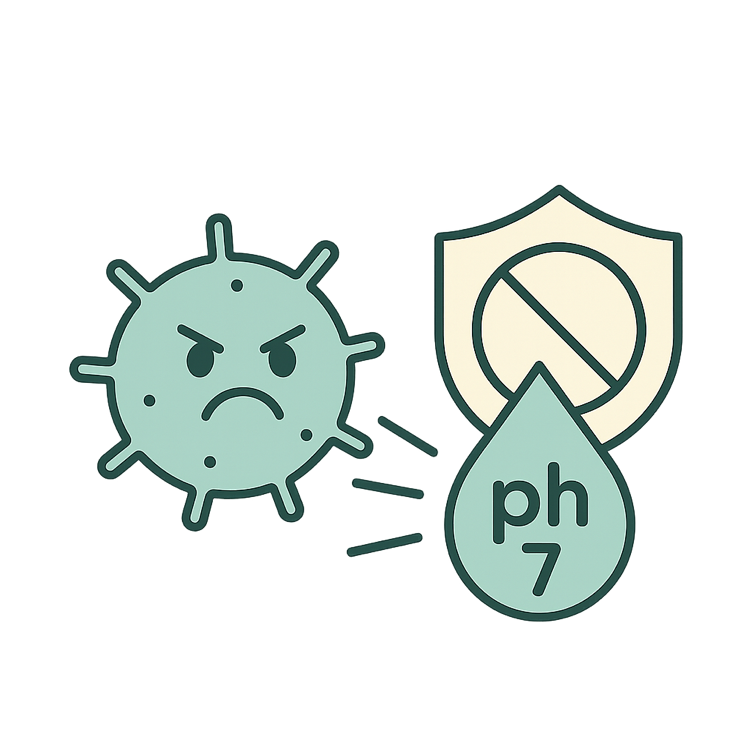Your privacy choices
As described in our Privacy Policy, we collect personal information from your interactions with us and our website, including through cookies and similar technologies. We may also share this personal information with third parties, including advertising partners. We do this in order to show you ads on other websites that are more relevant to your interests and for other reasons outlined in our privacy policy.
Sharing of personal information for targeted advertising based on your interaction on different websites may be considered "sales", "sharing", or "targeted advertising" under certain U.S. state privacy laws. Depending on where you live, you may have the right to opt out of these activities. If you would like to exercise this opt-out right, please follow the instructions below.
If you visit our website with the Global Privacy Control opt-out preference signal enabled, depending on where you are, we will treat this as a request to opt-out of activity that may be considered a “sale” or “sharing” of personal information or other uses that may be considered targeted advertising for the device and browser you used to visit our website.
Chewing xylitol gum has several beneficial effects.

1. What is Xylitol?
Xylitol is a natural sweetener found in fruits and vegetables — but unlike sugar, it’s actually good for your teeth.
While sugar feeds cavity-causing bacteria, xylitol starves them. It helps protect and strengthen your smile, making it a sweet choice your dentist would approve.

2. What does chewing it do?
Reduces Plaque
Xylitol helps to reduce plaque formation on teeth.
Neutralizes Acids
Xylitol promotes a neutral pH level in the mouth.
Stimulates Saliva
Xylitol increases saliva production, which aids in remineralization.
Inhibits Bacteria
Xylitol inhibits the growth of harmful bacteria in the mouth.

3. When should I chew it?
We recommend chewing Xylos gum:
- After every meal or acidic drink.